|
Guest blog post provided by Andrea Gibbs of NYBabySteps.com As you embark on the joyous journey of nurturing your little ones, the playful world of language development awaits. This crucial phase in early childhood forms the foundation of their future communication skills, where each word they utter and every sentence they weave becomes a milestone. It's a path filled with innocent curiosity, vibrant imagination, and boundless learning, all made possible through the powerful tool of play. As parents, educators, and homeschoolers, you hold the key to this treasure chest of linguistic exploration. Your role is instrumental in turning everyday situations into robust language-learning experiences. With practices that beautifully blend language skills into playful interactions, you're not just creating an everlasting love for communication but also equipping our shining stars with the skills required to express and interpret the world around them. This guide is here to light your path, offering fun-filled, effective techniques to make language learning an exciting adventure for your young learners. Role of Play in Language Development When you watch your little ones lost in play, notice how they’re not just building castles or dressing up dolls—they're shaping words and worlds. Playtime is how they do the serious work of learning a language. It's the sandbox where they practice new sounds and phrases, trying and testing them out with every giggle. You give vocabulary a personal connection and context through playful interaction, making it stick far better than rote memorization. And here's a fascinating bit—those building blocks, be they in the form of puzzles or make-believe games, do more than just build towers; they build minds. The acts of sharing, negotiating, and storytelling aren't just fun; they’re the exercises that flex their cognitive muscles. Every turn of play fosters nimble thinkers who can chat, think, and puzzle out problems. As a parent, educator, or homeschooler, you’re the playtime maestro orchestrating their symphony of words. And here's a fascinating bit—those building blocks, be they in the form of puzzles or make-believe games, do more than just build towers; they build minds. The acts of sharing, negotiating, and storytelling aren't just fun; they’re the exercises that flex their cognitive muscles. Every turn of play fosters nimble thinkers who can chat, think, and puzzle out problems. As a parent, educator, or homeschooler, you’re the playtime maestro orchestrating their symphony of words. Age-Appropriate Language Activities Language exploration is uniquely tailored for each developmental stage: toddlers, preschoolers, and school-age children. Our curated activities ensure a structured journey through words, providing the perfect linguistic nurture for every age. Engage and empower your child's communication adventure, setting a solid foundation for advanced language skills and literacy. Toddlers Toddlers' journey from babbling to building their first words rapidly expands their vocabulary and begins to form simple sentences, marking a pivotal phase in their expressive and receptive language abilities. 1. Replicating Sounds and Simple Words Witnessing your toddler mimicking the sounds and words around them is akin to watching a small, charming mirror—embracing and reflecting the world one syllable at a time. Here's how you can guide their journey:
2. Interactive Storytelling and Picture Books When you unfurl the pages of a colorful book in front of your toddler, you're inviting them to a curiosity-kindling feast—a banquet where words, pictures, and stories play tantalizing hosts. Here's what you can do:
Preschoolers In preschool years, children blossom into conversationalists, expanding their vocabulary exponentially and beginning to grasp complex sentence structures while their narrative skills and lingual creativity noticeably take flight. 1. Participating in Imaginative Play As preschoolers step into different roles during play, they're not just pretending but actively engaging in a sophisticated form of language development. Here's how to encourage it:
2. Educational Toys and Games Surrounding your preschooler with educational toys and games is akin to planting seeds in fertile soil—each toy is an opportunity for new words to sprout and grow. To incorporate these into your child's life:
School-Age Children refine reading and writing skills at this stage, understand complex sentences, grasp nuanced language concepts, and express themselves more effectively, showcasing significant cognitive and linguistic growth. 1. Reading and Writing Games Diving deeper into language, school-age children find joy and challenge in games that sharpen their reading and writing skills. Such activities not only solidify what they've learned but also introduce them to new words and ideas in an entertaining format. To integrate these into their learning:
2. Rhyme Time and Songs The captivating rhythms of songs, rhymes, and poetry significantly contribute to the language development of school-age children. These lyrical forms not only enhance their linguistic rhythm but also imbue a deeper understanding of language patterns. Here's how you can include these elements:
Tips for Adopting Language Activities at Home and School Integrating language activities both at home and school is essential for supporting the linguistic development of children. Tailoring these activities to each child's unique interests and progress ensures they remain engaged and motivated. Below are tips and guidelines for parents and educators:
Feedback and Adaptation: Offer continuous positive feedback and be ready to adapt activities based on the child's evolving interests and abilities. Progress can ebb and flow; thus, patience and readiness to adjust are crucial. Andrea Gibbs is currently the head of content management at SpringHive Web Design Company, a digital agency that provides creative web design, social media marketing, email marketing, and search engine optimization services to small businesses and entrepreneurs. She is also a blog contributor at Baby Steps Preschool where she writes storytime themes, parenting tips, and seasonal activities to entertain children. How do you incorporate language into your daily routine with your little ones? What are some of your favorite games to play that encourage language development? What strategies to you use to help correct and improve your child's language skills? What tips do you have for parents who are raising children in a multilingual environment? What are some creative ways to encourage children who are shy or hesitant to speak up more in a language learning environment?
0 Comments
Leave a Reply. |
Good Morning, Ms. Williams!Creating, Blogging & Sharing Educational Resources Categories
All
|
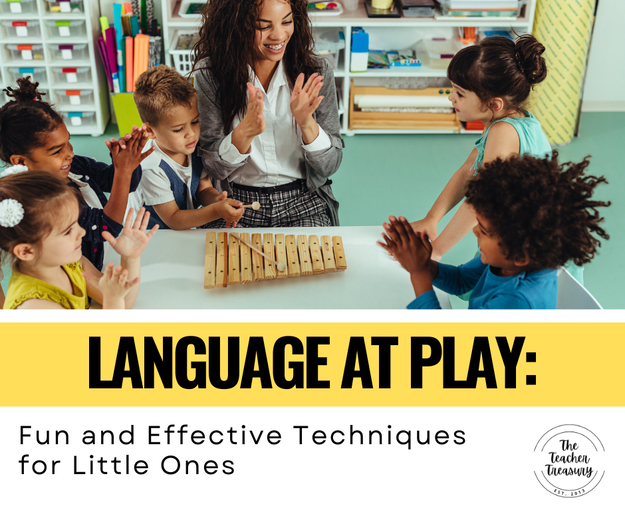
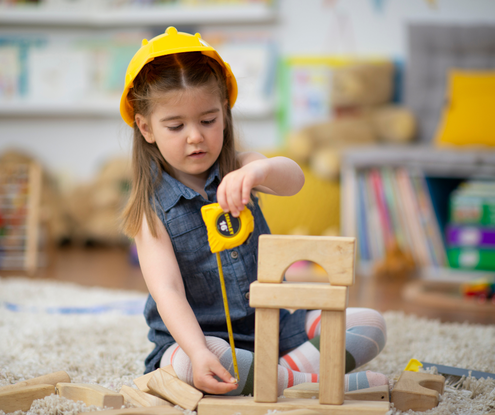









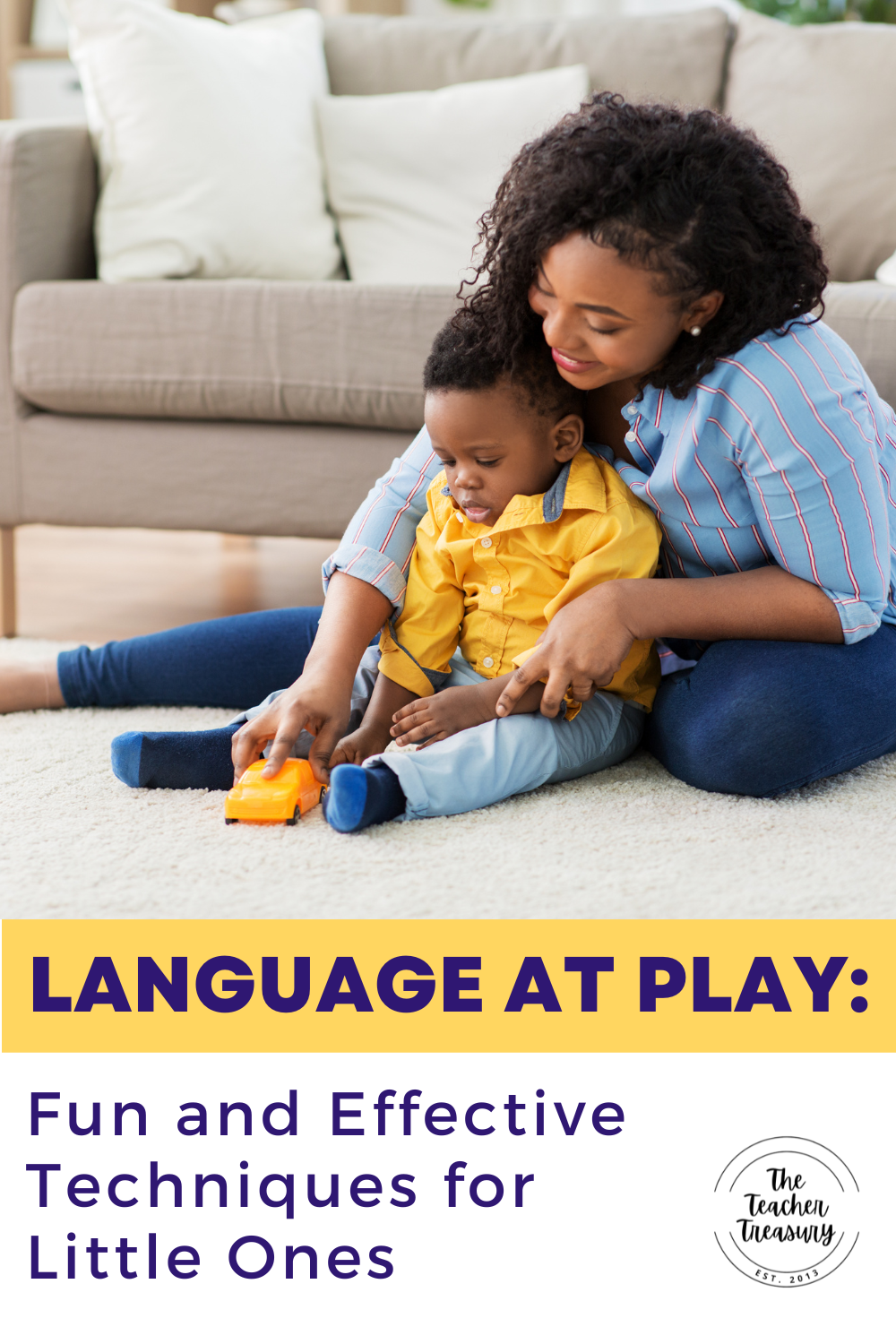
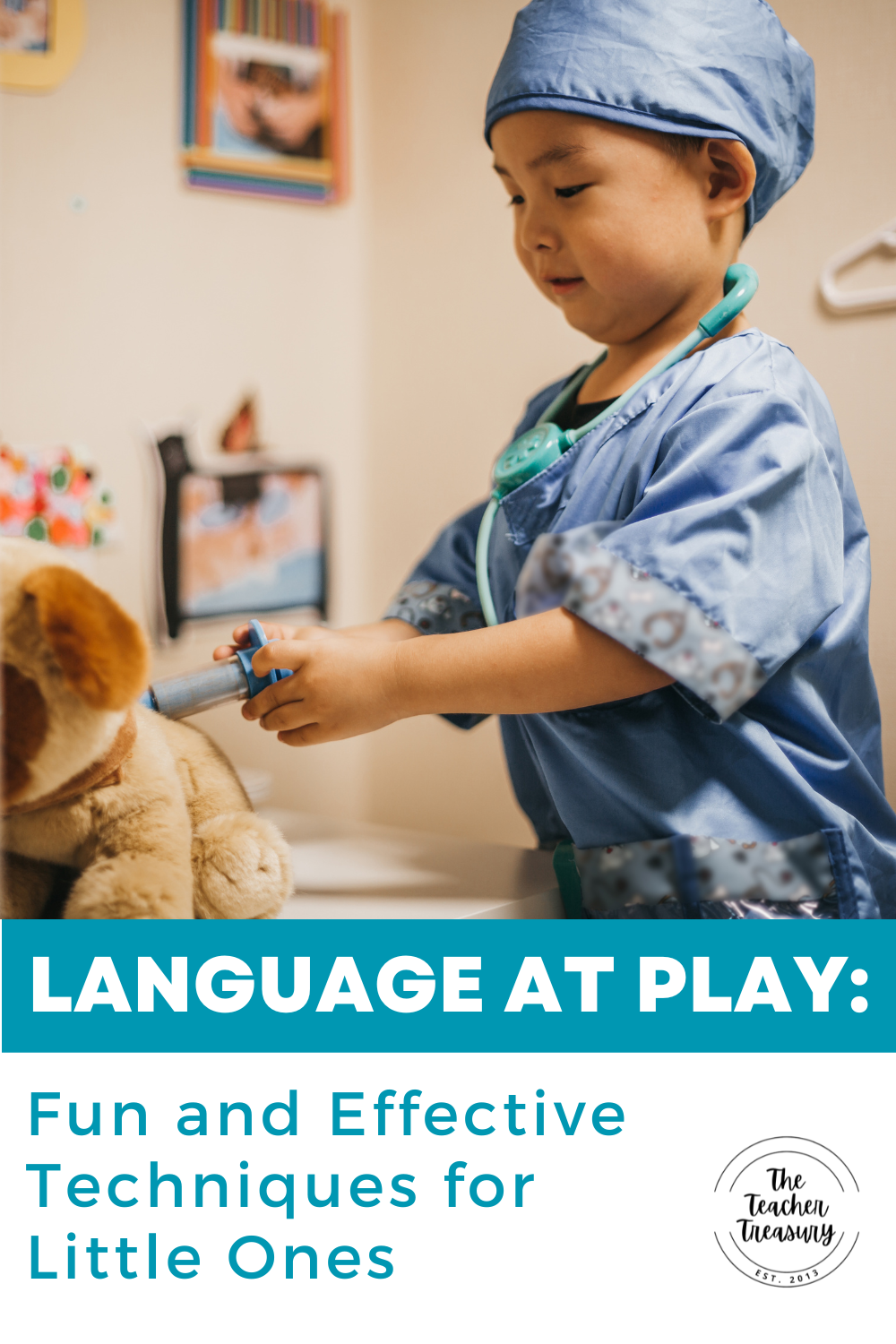
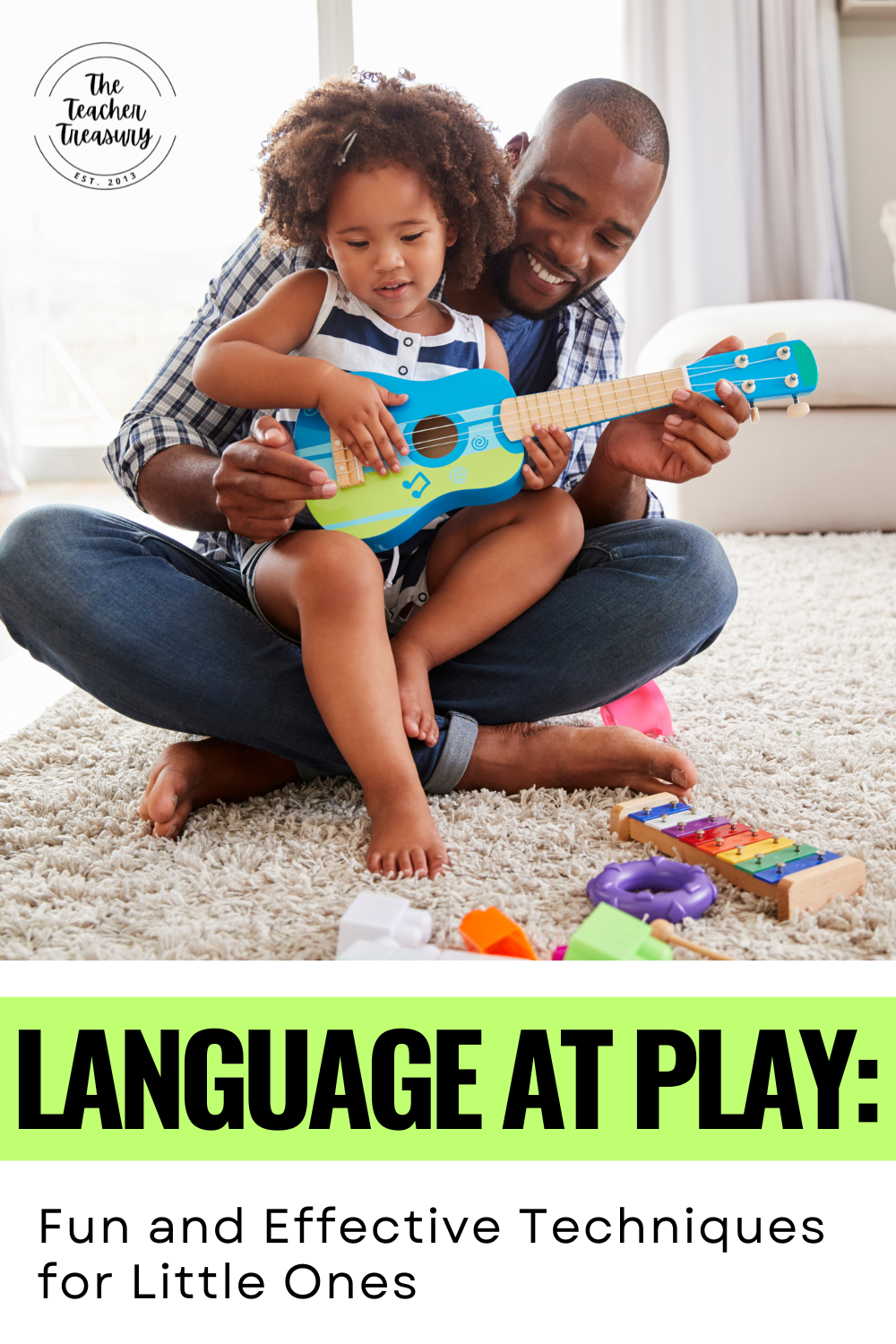
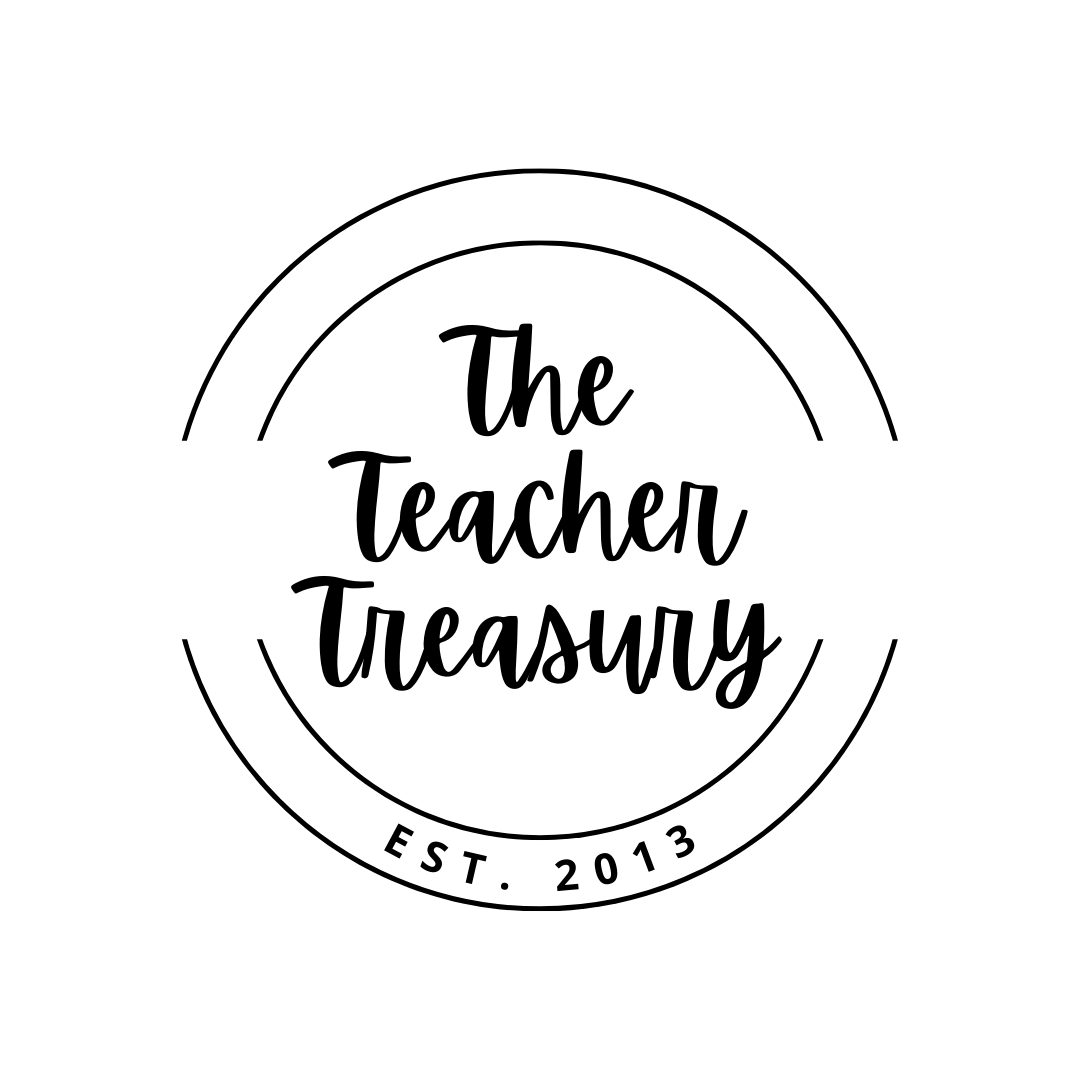


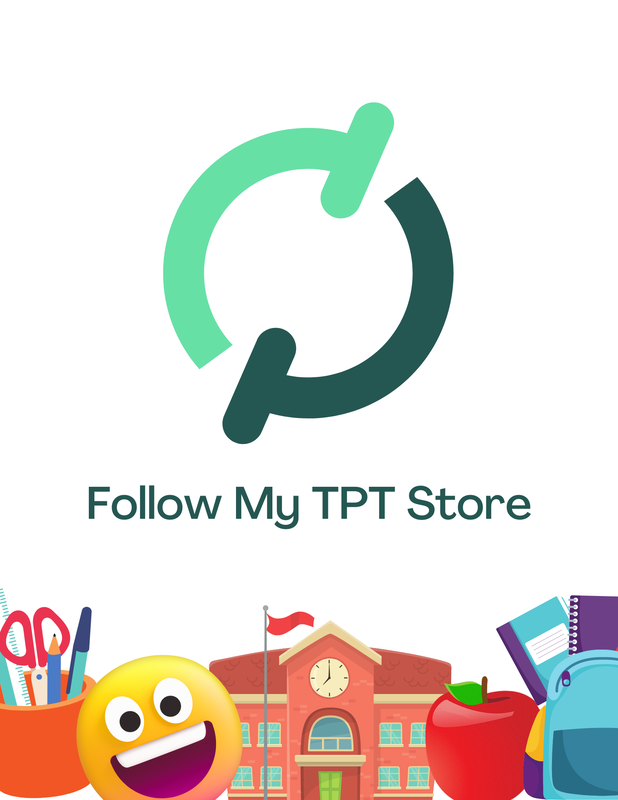



 RSS Feed
RSS Feed